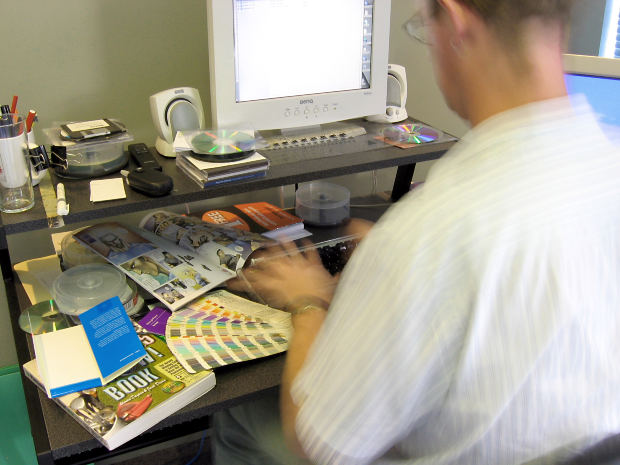The dangers of lies and half-truths

People like to talk, there’s no doubt about that. We are, after all, in an evolutionary sense, thinking machines that have come to use information exchange as one of our chief methods of survival and progress. The transfer of this information is important to continued evolution and to understanding both our world and ourselves.
But all too often people speak without thinking or, sometimes even worse, speak with only a limited knowledge of a subject, thus spreading “real” information that is completely false. Lies can be intentional or unintentional and people spout falsehoods for any number of reasons and, according to studies, at a fairly consistent rate.
Some do it to look good, some to defend themselves, others use lies to scam their fellow man and still others in an effort to change the world to fit their own version of realty. But whatever the reason for the lie, this habit almost always results in more harm than good, even if you can’t see the immediate results.
One of my fellow writers here at Klat wrote a humorous piece concerning the annoyance that often results when a person tries to look over your shoulder and make claims about a subject that they really know nothing about. This particular problem can be aggravating, especially when it’s something like a person trying to tell you how to do the job that you've been working at for 10 years.
It also tends to make the speaker look like a fool when they happen to voice their “expert knowledge” on a subject that someone in the vicinity happens to be an expert on. Wikipedia, unfortunately, is not an adequate replacement for a PhD. But what I wish to speak of deals more with the dangerous side of lies, when people’s falsehoods can affect the world and their fellow man in negative and sometimes fatal ways.
The classic example of lies gone bad involves powerful people like politicians, businessmen or religious leaders. When a person in a position of power uses their words to advance some agenda of theirs, they rarely care what the end results will be beyond the success of their own cause. We see this type of lie every election year, no matter what country you happen to live in or which politician you support.
The lies stack up and the politicians running for office cross their fingers that no one calls them out on the BS they spout. To make matters worse, some people, in an effort to believe the people they want to vote for, will simply turn a blind eye to the lies. But this willful ignorance has destroyed us in the past and can do so again.

Think about the lies told by Hitler and the German regime pre-World War II. The accusations made against Jews and other minorities, though most educated people would find them ludicrous and easily dismissed, still begat a movement that ended tragically. The real reasons behind the lies were not, of course, a misunderstanding of the truth, but were in fact little more than an attempt to gain and hold power.
Ironically enough, Hitler coined a phrase during his time as leader of
This is, perhaps, a rather extreme example, but not one that is unusual when one looks at the course of history. Still, more often it’s the spread of small lies and the continued transmission of ignorance that does the world ill. Think, for example, of how you might argue with a friend over politics or some other subject. In an effort to be right, or just because one or another party is too lazy to seek out the complete truth, assumptions are made based on what an individual “heard on television” or “read on the Internet.” If in the above scenario, your kids happen to be around listening, then you have given them false information because of your selfishness or laziness. Thus, you've poisoned the next generation’s well of knowledge.
Of course, some people make the spreading of lies into their vocation. The talking head of Rush Limbaugh comes to mind for me and the horrific half-facts that he uses to support his arguments. But the conservative Republican talk-show host isn’t the only one guilty of this crime. Pretty much any public figure with an agenda is willing to spread lies to get what they want done, done. And so the world keeps turning crooked and instead of progressing as a species we step backwards into the past, a time filled with superstition and ignorance of reality.
One might think that the Internet would clear much of this problem up. After all, we can now jump online and check facts and find out whether something is a lie or not. But often the Internet only adds to the problem. Information is false and just because a page is Google’s number one listing, people assume it to be the most truthful. They are unwilling or unable to dig deeper and find scholarly study on a subject and so grasp onto the lies that are fed to them. All of us are guilty of that mistake now and again.
So even though we don’t all have the opportunity or time to look up every little thing and confirm its validity, we should all at least take a step back and examine the words that come out of our mouths. If you’re not sure of something, don’t speak as if you’re an authority. If you’re in doubt, make that doubt known. Do not give into the temptation of being right and butcher the truth in the process. It’s simply not worth it to risk the future of our knowledge for the momentary pleasure of being “smart.”
Average Lies Per Day graphic courtesy of joyreactor.com
Work from Home photo courtesy of Hellno2 via Wikicommons

2 comments